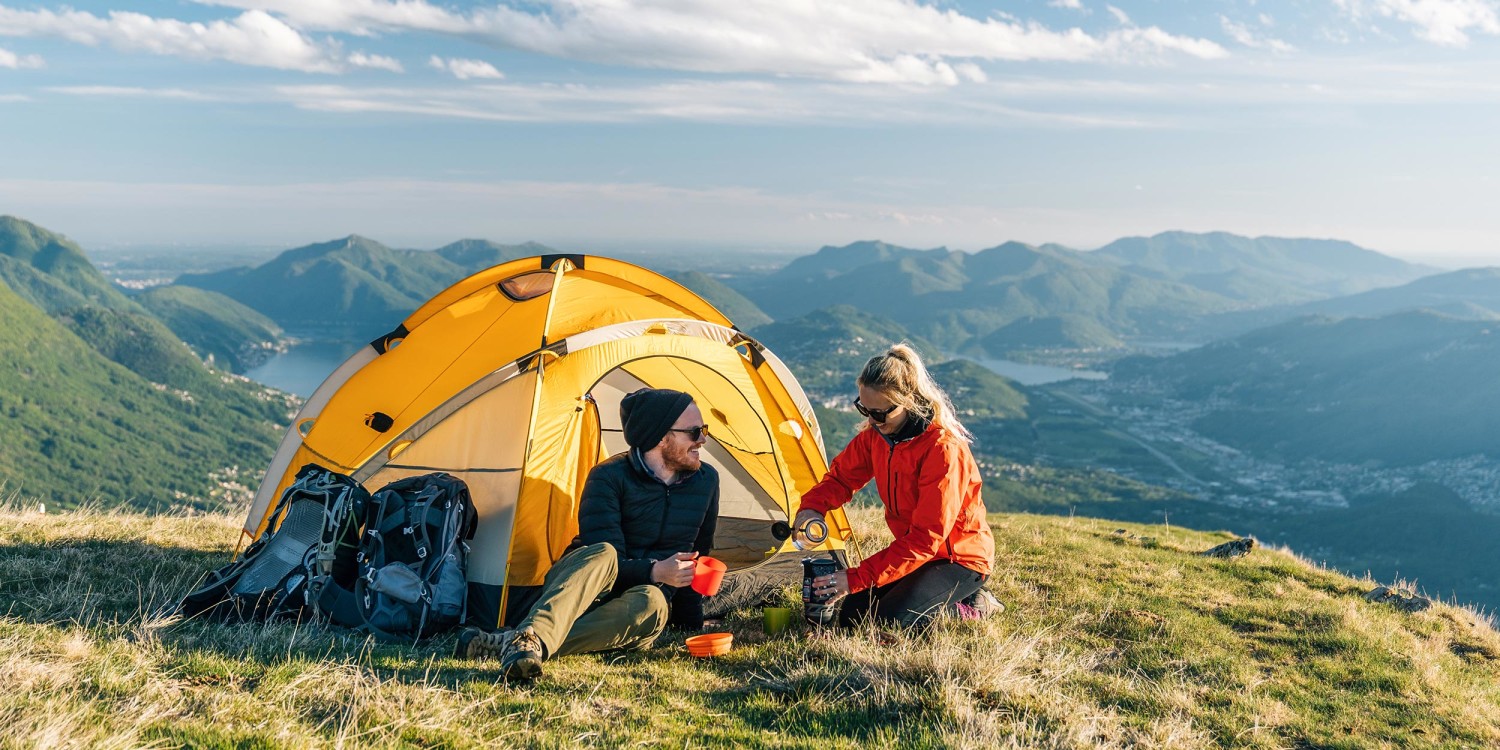
Camping, a cherished outdoor activity enjoyed by people of all ages, offers an escape from the hustle and bustle of daily life into the serene embrace of nature. While camping is often associated with relaxation, adventure, and reconnection with the natural world, it’s important to remember that safety and security should always remain paramount. Just as you wouldn’t embark on a journey without a map or proper supplies, neglecting security measures while camping can lead to avoidable risks and potentially dangerous situations. Here, we’ll discuss why security is crucial when camping and discuss some essential steps to ensure a safe and enjoyable outdoor experience.
- Wilderness Can Be Unpredictable: Nature is beautiful, but it can also be unpredictable. Weather conditions can change rapidly, from sunny skies to unexpected storms. A serene camping site can turn into a challenging environment in a matter of hours. Proper shelter, clothing, and gear become critical in such situations to protect yourself from exposure to the elements.
- Wildlife Encounters: One of the joys of camping is encountering wildlife in their natural habitat. However, these encounters need to be managed with caution. While many animals are harmless, others can pose risks if provoked or startled. Understanding the local wildlife and their behaviors is essential to avoid unintentional confrontations. Additionally, proper food storage is crucial to prevent attracting animals to your campsite, which could lead to dangerous encounters. Latest guns like 20 gauge shotgun are so necessary to keep you safe in wildlife.
- Medical Emergencies: In a remote camping area, access to medical facilities can be limited. Minor injuries like cuts, sprains, and burns are common when dealing with fire, cooking, and outdoor activities. Carrying a well-stocked first aid kit and knowing basic first aid procedures can make a significant difference in managing these situations. In case of more serious injuries or medical issues, having a communication plan to reach emergency services is vital.
- Navigation Challenges: Venturing into unfamiliar terrain can lead to navigation challenges. It’s easy to get lost, especially when trails are poorly marked or if you’re exploring off the beaten path. Carrying a map, compass, or GPS device and knowing how to use them can help you find your way back to your campsite or a designated safe area.
- Campsite Security: Camping inherently involves leaving the comforts of home, which means you need to secure your campsite against theft or unwanted intrusions. Keep your valuables hidden and secure, and consider investing in locks for your tents and gear. Always be mindful of your surroundings and any unusual activity nearby.
- Fire Safety: Campfires are a central part of camping culture, providing warmth, cooking facilities, and a sense of camaraderie. However, they also pose significant risks. Unattended or poorly managed fires can lead to forest fires, which can quickly get out of control and endanger both you and the environment. Follow fire safety guidelines, have a water source nearby, and ensure the fire is completely extinguished before leaving.
- Communication: Being disconnected from the digital world can be refreshing, but having a means of communication is essential for safety. In emergencies, being able to contact authorities or loved ones can be a lifesaver. Depending on your location, consider bringing a satellite phone or emergency beacon, as regular cell phone reception might not be available in remote areas.
In conclusion, while camping offers a chance to disconnect and rejuvenate in nature, security should always be a top priority. Understanding and respecting the environment, being prepared for various situations, and having the necessary skills and equipment can make your camping experience not only enjoyable but safe as well. By prioritizing security, you can fully embrace the beauty of the outdoors while minimizing risks and potential hazards.


:max_bytes(150000):strip_icc()/GettyImages-560231979-d28ad2e66dcf4cae9fc319f46e606c21.jpg)




